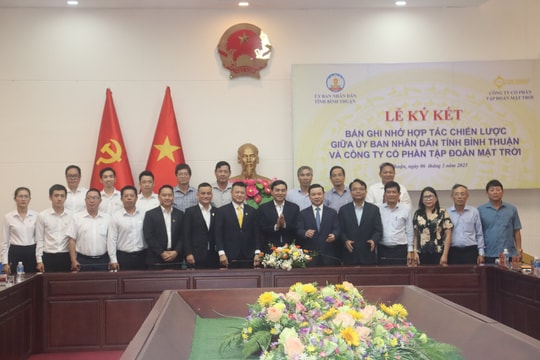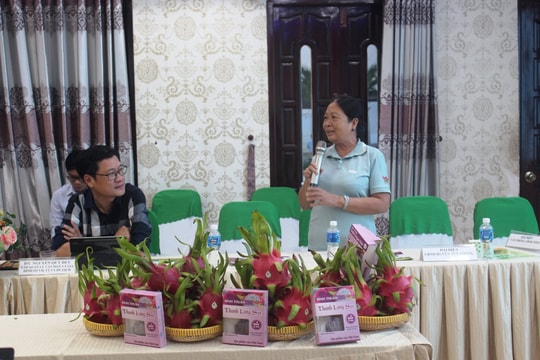Although the scale of Vietnam’s tourism industry has not been as high as other countries in the region, which often accounts for 10% of GDP, it accounts for around 4% of Vietnam’s GDP.
Two years ahead of time
Foreign currency cash inflows from international visitors in 2014 ranked third after Overseas Vietnamese remittances of US$12 billion and disbursed foreign direct investment of US$12.35 billion. The money has also benefited the economy by raising foreign currency reserves and stabilising exchange rates.
The industry has generated hundreds of thousands of jobs not only at border gates, airports and resorts and in cities but also at remote areas with new tourism sites.
Despite garnering huge cash inflows from foreign arrivals, attracting tourists to Vietnam has not been just for money. It’s more important that this has been a direct and persuasive way for Vietnamese to elevate their national image to international friends.
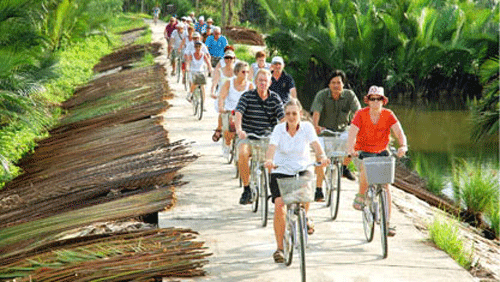 |
Foreign arrivals to Vietnam have upticked year by year and hit a record high of 7.87 million visitors in 2014. The number only dipped in 1998 and 2009 due to impact of financial and monetary crisis and the regional and global economic downturn.
Foreigners that have come to Vietnam for holiday account for 60.5% of all tourists, to visit relatives (17.1%), for business (16.8%) and for other purposes (5.6%).
Their average spending also surged from US$661.4 in 2005 to US$927.1 in 2014 per capita.
Spending on accommodation was 27%, food and drink (22.2%), travel (17.4%), purchase (US$13.3%), visiting (7.7%), healthcare (1%) and other expense (10.4%).
Director General of the Vietnam National Administration of Tourism Nguyen Van Tuan said the tourism sector has made a breakthrough, obtaining its development target for 2015 two years ahead of schedule.
However, it is facing a number of challenges and has not developed in line with the country’s tourism potential in terms of sea and island, culture and eco-tourism as well as the society’s expectation.
Expectations from new Government Resolution
The tourism sector’s competitiveness has been weaker than that in other regional countries, ranging from granting and exempting visas for tourists to transport condition and access information about tourism destinations.
A Government Resolution issued on December 8, 2014 on measures to boost tourism development in the new period should facilitate the ironing out of snags and improve awareness on the importance of strengthening inter-regional connectivity to raise competitiveness.
It should also help build proper policies and guidelines to encourage tourism through simplifying entrance and exit procedures, improving and consolidating the quality of aviation, river, sea, road and railway services.
Considering businesses key forces to develop the sector, the Resolution has required ministries and localities to timely remove difficulties for businesses in terms of taxes and policies to accelerate giving effect to tourism and infrastructure projects.
Promoting and diversifying tourism products, improving services at tourism sites and ensuring safety for visitors have been key measures to boost the development of the industry.
The tourism sector had made great strides in both quality and quantity after the Government Resolution on tourism development was issued in 1992.
Amid global economic and political uncertainty Vietnam is part of the solution and not part of the problem. If the country continues to elevate its image and tackles its pending problems tourism holds abundant promise for its citizens.
VOV

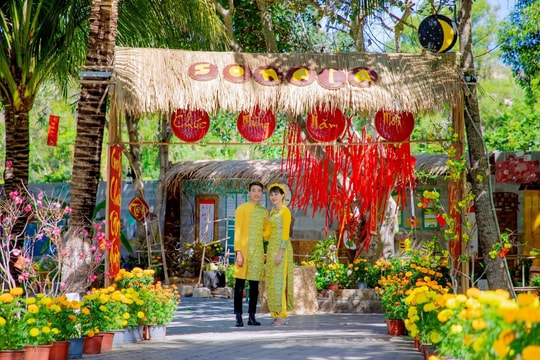
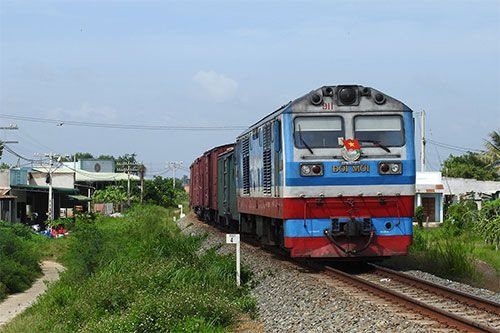

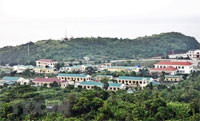

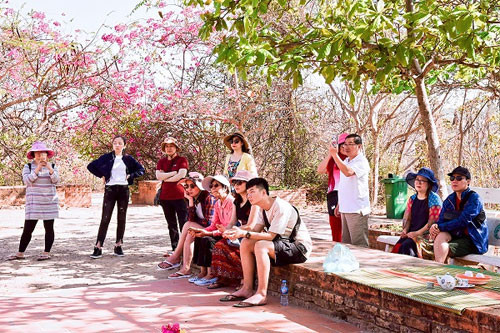





.jpg)


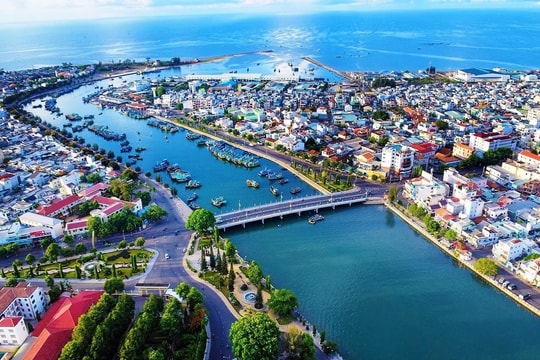


.jpeg)

.jpeg)


.jpeg)


